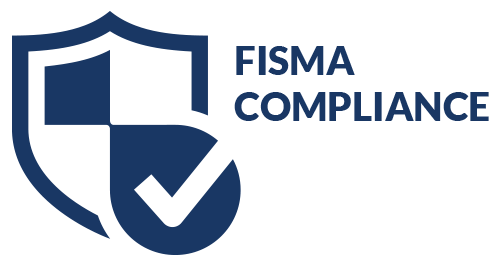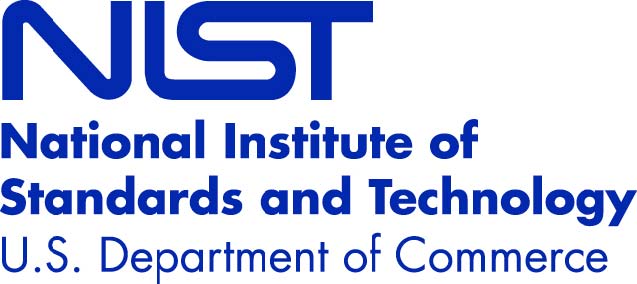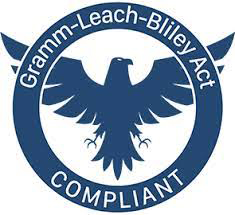Introduction
Claim denials are a growing financial and operational challenge for healthcare providers. With 12-18% of claims denied annually and administrative costs skyrocketing, traditional denial management methods are no longer sustainable.
The future of denial management is AI-powered, transforming how healthcare organizations prevent denials, automate appeals, and recover revenue with unmatched speed, accuracy, and efficiency.
In this blog, we’ll explore how AI is reshaping denial management, delivering faster reimbursements, higher success rates, and significant cost savings.
The Denial Management Problem: A Broken System
Healthcare providers lose billions annually due to claim denials, with 50% of denials going unchallenged simply because teams lack the resources to manage them efficiently.
Challenges of Traditional Denial Management:
🚨 Reactive Approach – Most denials are addressed after they occur, leading to delays.
🚨 Manual, Labor-Intensive Process – Appeals require handwritten responses, payer research, and extensive documentation.
🚨 Long Resolution Times – On average, denial resolution takes 45+ days, impacting cash flow.
🚨 Payer Rule Complexity – Insurance companies frequently change policies, making compliance a moving target.
The result? Revenue leakage, increased administrative burden, and delayed reimbursements.
Enter AI-powered denial management – a game-changing solution that proactively prevents denials, automates appeals, and accelerates payments.
How AI is Transforming Denial Management
1. AI Predicts & Prevents Denials Before Submission
Traditional denial management waits for claims to be rejected before taking action. AI flips the script.
✔ AI-powered predictive analytics analyze claim data in real-time to detect potential errors before submission.
✔ The system flags missing documentation, incorrect coding, or prior authorization issues, reducing avoidable denials by 35%.
✔ Claims are automatically corrected or flagged for manual review, ensuring higher first-pass approval rates.
🚀 The result? Fewer denials, less rework, and more revenue collected upfront.
2. AI Automates the Appeal Process
Today, most denial appeals involve manual research, payer-specific templates, and administrative delays. AI eliminates these inefficiencies.
✔ Automated appeal generation – AI instantly creates payer-specific, data-backed appeal letters based on claim history, documentation, and policy rules.
✔ Appeals are submitted in seconds, reducing administrative workload and cutting resolution time by 50%.
✔ AI continuously learns from successful appeals and improves future denial response strategies.
📈 Impact: Appeal success rates increase by 50%, and reimbursement delays shrink dramatically.
3. AI Uses Real-Time Payer Intelligence to Maximize Approvals
Payers constantly change their policies and denial criteria. Staying up to date manually is impossible.
✔ AI adapts to real-time payer behavior, analyzing patterns to adjust denial prevention and appeal strategies accordingly.
✔ This ensures claims are always aligned with the latest payer rules, reducing rework by 35%.
✔ AI also predicts which claims are most likely to be overturned, helping teams focus on high-value denial recovery efforts.
🚀 The result? More claims get paid on the first submission, and appeals succeed faster.
4. AI-Powered Workflow Optimization Reduces Costs
Denial management is often a time-consuming, resource-draining process. AI automates and optimizes workflows for maximum efficiency.
✔ Smart claim prioritization – AI ranks denials by likelihood of recovery, ensuring high-value claims get resolved first.
✔ Automated task routing – AI directs claims to the right team members, improving efficiency.
✔ Faster appeal turnaround – AI reduces appeal processing time from 45+ days to under 22 days.
📉 Impact: Administrative burden drops by 40%, allowing revenue cycle teams to focus on high-impact tasks.
The ROI of AI-Powered Denial Management
📈 35% Reduction in preventable denials
📈 50% Increase in overturned denials
📉 53% Faster denial resolution (from 45+ days to 22 days)
📉 40% Decrease in manual appeal processing
💰 Millions in lost revenue recovered annually
These improvements lead to faster cash flow, less operational waste, and higher net revenue for healthcare providers.
Why AI is the Future – And Why You Should Adopt It Now
AI is not just a trend—it’s the future of denial management. The healthcare industry is moving toward automation, and organizations that fail to modernize will fall behind.
Benefits of AI-Powered Denial Management:
✅ Eliminates costly manual processes
✅ Increases first-pass claim approvals
✅ Speeds up appeals & revenue recovery
✅ Improves compliance with evolving payer rules
✅ Reduces administrative burden & costs
AI-driven denial management ensures healthcare providers recover more revenue, faster, with less effort.
📢 Are you ready to future-proof your revenue cycle?
Take Action: Implement AI-Powered Denial Management Today
AI-driven denial management is already transforming healthcare finance. Don’t get left behind.
🔹 Want to see AI in action? Book a free demo.
🔹 Need a denial prevention strategy? Let’s build a plan tailored to your organization.
🔹 Looking to recover lost revenue? We’ll help you automate appeals and accelerate payments.
📞 Contact us today to learn how AI-powered denial management can increase your reimbursements, reduce costs, and improve cash flow.
🚀 The future is AI – and the future is now.
Ready to Elevate Your Patient Experience?
TSI is here to help. With our industry-leading call overflow solutions, we empower healthcare providers to deliver the exceptional service patients deserve. Contact us today to learn how we can support your mission to provide world-class care.
